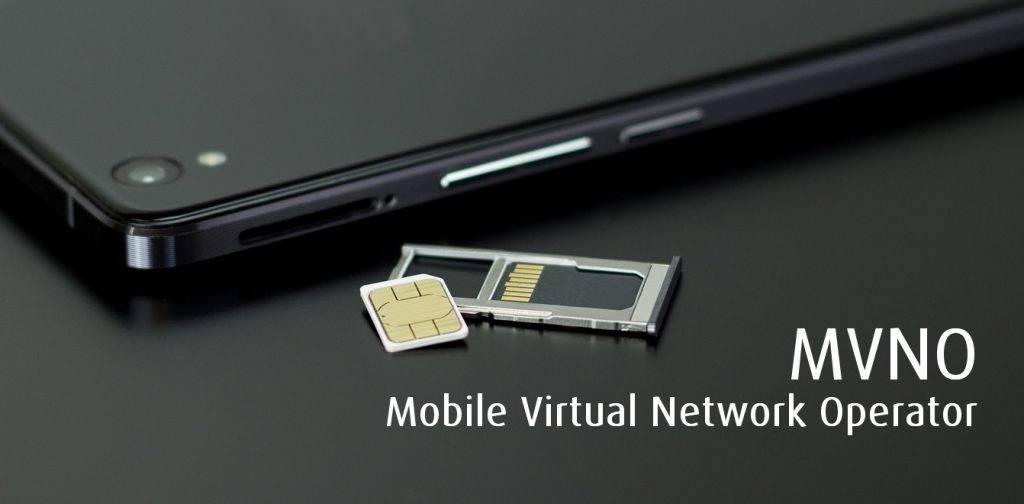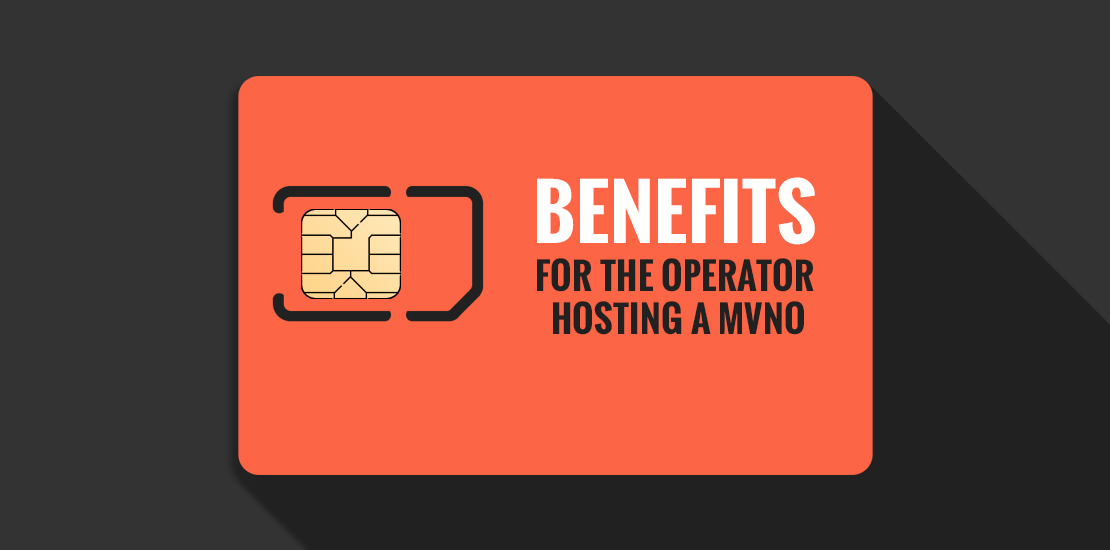Legal Considerations in MVNO and MNO Agreements
Introduction
In the rapidly evolving telecommunications industry, Mobile Virtual Network Operators (MVNOs) play a crucial role in providing mobile services to end-users without owning the underlying network infrastructure. These MVNOs establish agreements with Mobile Network Operators (MNOs) to access their network infrastructure, enabling them to offer services to customers. When entering into an MVNO-MNO agreement, there are various legal and contractual considerations that both parties must carefully address to ensure a mutually beneficial and legally compliant partnership. This article explores the key considerations in such agreements, providing insights into licensing, regulatory compliance, service levels, pricing, data protection, intellectual property, liability, termination, and dispute resolution.
Licensing and Regulatory Compliance
Compliance with licensing and regulatory requirements is fundamental for both MVNOs and MNOs. MVNOs must secure the necessary licenses and permits from the regulatory authorities to operate legally in the target market. In the agreement, it is essential to define the responsibilities of each party regarding licensing and regulatory compliance. Clear guidelines should be established to ensure that the MVNO maintains compliance throughout the agreement’s duration, including any reporting or auditing obligations.
Service Levels and Quality of Service
To provide reliable services to end-users, MVNOs depend on the MNO’s network infrastructure. Defining service levels and quality of service (QoS) standards in the agreement is crucial. This includes establishing performance metrics, network availability, call completion rates, data transmission speeds, and any penalties or remedies for failing to meet agreed-upon service levels. It is important to have mechanisms for monitoring and reporting on service level performance to maintain transparency and accountability.
Network Access
Network access is a core element of the MVNO-MNO agreement. The agreement should outline the terms and conditions for the MVNO’s access to the MNO’s network infrastructure. This includes technical specifications, interconnection requirements, security protocols, capacity allocation, and any restrictions on services offered by the MVNO. Clearly defining network access parameters ensures seamless integration and interoperability between the MVNO and MNO systems.

Pricing and Revenue Sharing
Pricing and revenue sharing terms are critical aspects of MVNO-MNO agreements. The parties must agree on wholesale rates, volume commitments, discounts, and revenue-sharing mechanisms. The agreement should specify how the billing and settlement processes will occur, including invoicing, payment terms, and any associated financial penalties or incentives. Well-defined pricing terms help ensure a fair and mutually beneficial arrangement for both the MVNO and MNO.
Customer Data and Privacy
With the increasing focus on data protection and privacy, addressing customer data handling is of utmost importance. The agreement should outline the responsibilities and obligations of both parties regarding the collection, storage, processing, and security of customer data. It should also define the permissible use of customer data and any necessary consent requirements. Compliance with relevant data protection laws, such as the General Data Protection Regulation (GDPR), is essential to protect the rights and privacy of customers.
Intellectual Property
Intellectual property (IP) considerations are crucial in MVNO-MNO agreements. The agreement should clarify the ownership, licensing, and permitted use of IP, including trademarks, patents, and proprietary technology. If the MNO allows the MVNO to use its branding and trademarks, guidelines and restrictions should be clearly specified. Protecting IP rights helps safeguard the value and reputation of both parties’ assets.
Liability and Indemnification
Defining liability and indemnification provisions is vital to allocate risks appropriately between the MVNO and MNO. The agreement should address the liability of each party for damages, losses, claims, or liabilities arising from the agreement. This includes potential network outages, security breaches, non-compliance with regulatory requirements, or any other breach of contract. Establishing indemnification provisions protects both parties from third-party claims and ensures a fair distribution of risk.
Termination and Dispute Resolution
Termination clauses should be carefully outlined in the agreement, specifying the conditions under which either party can terminate the agreement. Common termination triggers include material breach, non-performance, bankruptcy, or expiration of the agreement’s term. Additionally, the agreement should establish dispute resolution mechanisms, such as negotiation, mediation, or arbitration, to handle potential conflicts that may arise during the agreement’s lifespan. Well-defined termination and dispute resolution provisions promote a fair and efficient process in case of disagreements.
Confidentiality and Non-Disclosure
Confidentiality and non-disclosure provisions protect sensitive information shared between the MVNO and MNO. The agreement should clearly outline the obligations of both parties to maintain the confidentiality of proprietary information, business strategies, customer data, technical specifications, and other confidential material. These provisions help safeguard trade secrets and prevent unauthorized disclosure or use of sensitive information.
Conclusion
MVNO-MNO agreements require careful consideration of various legal and contractual aspects to ensure a successful and legally compliant partnership. By addressing licensing and regulatory compliance, service levels, network access, pricing and revenue sharing, customer data and privacy, intellectual property, liability, termination, and dispute resolution, both parties can establish a solid foundation for collaboration. Engaging legal expertise during the drafting and review process is highly recommended to ensure that the agreement adequately addresses the specific legal and contractual considerations in the telecommunications industry.
By Abdul W Moghul
 MVNO MVNE MNO Mobile & Telecoms industry intelligence Telecoms Jobs, News and Business
MVNO MVNE MNO Mobile & Telecoms industry intelligence Telecoms Jobs, News and Business







